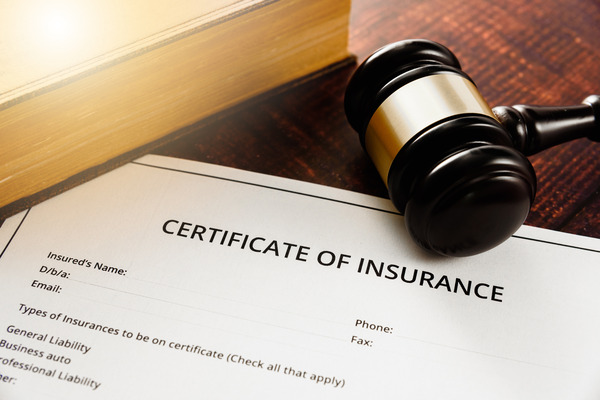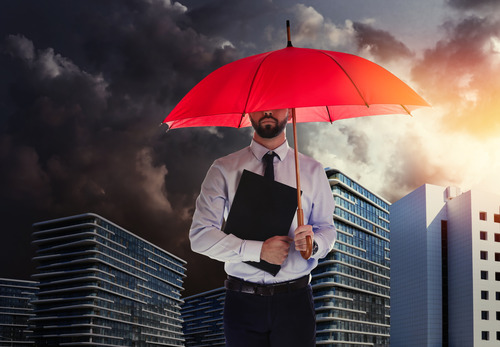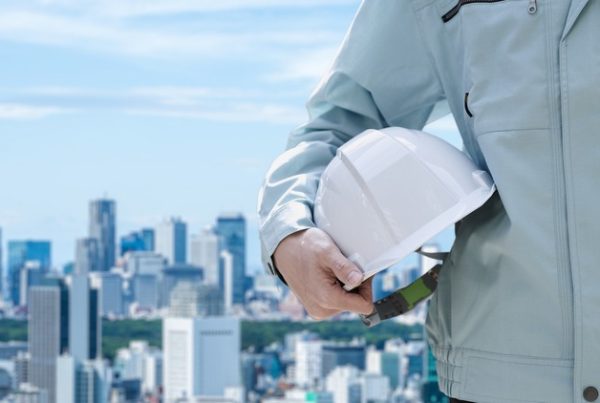The past year has been a rollercoaster for businesses in every industry but perhaps none has been hit as hard as the restaurant industry. According to the National Restaurant Association, the industry saw a huge drop in sales of $240 billion in 2020. And we’re not out of the woods yet.
Despite the obstacles that the COVID-19 pandemic has caused, there are some lessons the restaurant industry can learn from.
1. You Can Never Prepare Too Much
While there was no way to prepare for a global pandemic that has lasted more than a year, we now have a different perspective about how we do business, no matter what industry we’re in. The attitude now is (or should be): plan for the unexpected.
Whether that’s by purchasing a restaurant insurance policy or setting aside funds in case of emergency or a period of stalled sales, we know now to expect the worse and hope for the best.
2. The Pandemic May Not Qualify for Business Interruption Insurance
A big buzz in the restaurant insurance space right now is around business interruption insurance. Typically, this insurance policy covers the income lost due to an interruption of regular business, and on the surface, it would seem that restaurants that were forced to shut down because of the coronavirus pandemic would qualify for income reimbursement.
However, we’ve seen that many insurance companies are denying claims for business interruption policies, and local courts are getting involved. In California, a restaurant’s business loss claim was dismissed, while in Ohio, the opposite occurred.
Expect to see more resistance from insurance companies regarding business interruption claims.
3. You’ve Got to Read the Fine Print
It can be stressful to realize, once you’re ready to file a restaurant insurance claim, that your policy doesn’t cover the situation. That’s another lesson learned this year: read the fine print before you need to file a claim.
Yes, the fine print can make your eyes cross, but it lays out exactly what your policy covers. It’s in your best interest to understand what you’re paying for with restaurant insurance coverage, and what might not be covered.
4. Having an Insurance Agent Could Help
While many restaurant insurance policies can be purchased and managed online, there’s something to be said about the value of human contact. Having an insurance agent you can ask questions of could help clarify any confusion you have about your coverage.
Policies and coverage can change, and it’s your insurance agent’s responsibility to inform you of those changes, especially as it pertains to COVID-19.
If you have an agent, be sure to vocalize your questions and concerns. That’s what they’re there for.
5. Your Restaurant Insurance Costs Might Have Risen
Restaurant insurance costs may be on the rise, thanks to the pandemic. With so many claims being filed, insurers are, understandably, trying to recoup costs, and that could end up eating into your budget.
If your policy is up for renewal soon, pay attention to the rate. If it has risen, don’t be shy about shopping around. You might, for example, find the cost of general liability insurance for restaurants to be significantly lower with a different insurance company. Given the revenue cuts your restaurant has likely seen in the last year, it’s a good idea to cut costs wherever you can.
6. Your Restaurant Has More Liabilities Than Ever
The restaurant industry has been in a whirlwind of change as state governments have scrambled to find ways to help restaurants keep bringing in revenue. One example is the rise of to-go alcohol, which is now legal in most states.
While to-go alcohol offers a chance to get back some of that lost profit, it also opens up an entire new liability issue for restaurants. And that may require additional liability coverage. The question is whether the cost of more liability coverage will be offset by the revenues that the alcohol sales can bring in.
7. Filing a Claim May Not Be Easy
Insurance companies are inundated with claims right now, so expect yours to be processed more slowly than normal.
You can streamline the process by having everything in place before you file. Make sure you document everything, from hospital records for a workers’ comp claim to your financial records from before and after your lost income period for a business interruption claim. If you’re not sure what you will need to file, ask your insurance agent.
8. You May Need More Coverage
When it comes to the question, what kind of insurance does a restaurant need, the answer may have changed from what it was before the pandemic. There are, of course, restaurant insurance requirements like workers’ compensation and general liability, but you may want to consider adding on some of the following policies.
And while business interruption coverage isn’t guaranteed to reimburse you for lost income during coronavirus, you might want to consider contingent business interruption insurance, which protects you if your supplier isn’t able to operate as normal, and this impacts your income. Again, check the fine print to ensure that COVID-related shutdowns are covered.
Civil authority coverage is another to consider during the pandemic: in the event that your business cannot operate because of federal, state, or city mandates for businesses to close (as we’ve seen this year), this restaurant insurance program may reimburse your loss of income.
And then there’s crisis management coverage. Many businesses have suffered bad publicity because of COVID-19 outbreaks, and some might not recover on their own. This insurance policy can help right your business’ reputation during this critical time.
9. Protecting Employees is Key
In April 2020 alone, more than 5 million restaurant jobs were lost, thanks to COVID-19. Those numbers continued to decline as the pandemic has raged on. Many restaurants couldn’t afford to keep staff on full-time, nor pay for health insurance for restaurant employees.
We did see creative solutions in the industry. Many strived to keep their staff on even part-time, finding work for them fulfilling takeout and delivery orders. Some took out Paycheck Protection Program loans or Economic Injury Disaster loans or used crowdfunding and other assistance programs to do right by employees. Now more than ever, restaurants appreciate their employees.
But what happens when an employee contracts COVID-19 on the job? We’re seeing some interesting changes in that arena. In California, there is a new law that permits employees to file a workers’ compensation claim if they contract COVID-19 under certain circumstances, including an outbreak at the place of employment. Check your workers’ compensation insurance for restaurant employees to see what the stipulations are for COVID-19 in your state.
10. We Don’t Know What’s Next
The biggest lesson we’ve all learned in the past year is that we can’t rely on anything to stay the same. We still will have a period of adjustment (and possibly more shutdowns, depending on how well the vaccines stop the spread of coronavirus), and it seems like it may be quite a while before things get back to the way they were a few years ago.
To protect your business, make sure your restaurant insurance program includes any and all types of coverage you need to mitigate the risk your restaurant has. If it’s been a while since you reviewed your insurance policies, now is a great time to do so to understand exactly what is covered and what isn’t. And leverage your insurance agent if you have one! Their role is to support you and answer questions you may have, as well as to ensure you have the best coverage for your restaurant’s specific needs.
This pandemic won’t last forever, and we will come out stronger for it.












